On Rest
31 May 2021
Written by Head of Well-being, Kerry Larby
Winter has arrived. This school term, we live through rain, snow, and the drawing-in of the dark. I often reflect on how the seasons provide a framework and metaphor for the rhythms and needs of our bodies and the natural cycle of life. When we attune to the wisdom of nature, we see every season has a purpose; an invitation. Winter asks something of us.
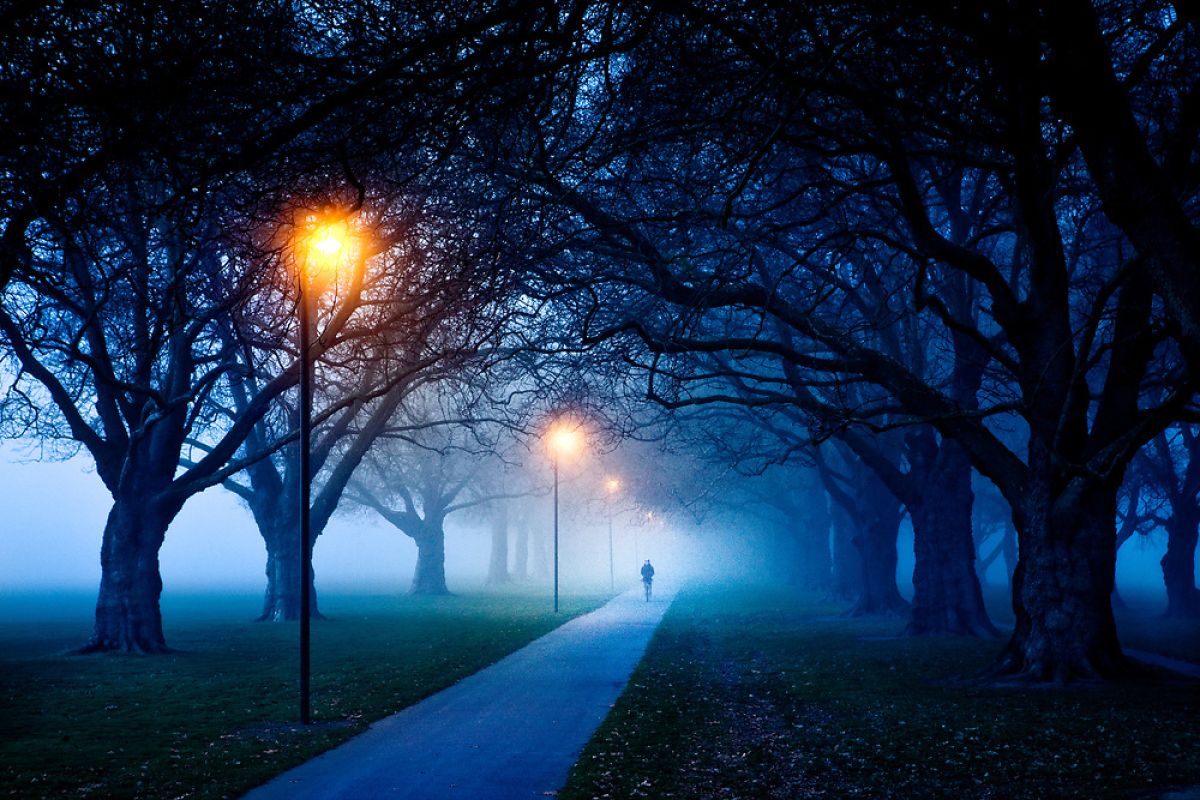
Through time, great thinkers have reflected on the metaphor of winter as a time to go inward, retreat, recharge, and slow down. The light of summer provides a time for vibrancy and activity; however, the dark brings us to rest and allows us to turn our curiosities inward. The poet Rilke knew about the importance of embracing winter when he wrote, “the tending of my inner garden went splendidly well this winter. My mind and spirit was given time and a space to go on growing.”
Embracing winter
Embracing winter is not something that comes naturally to all of us. Scandinavian cultures provide us with insight: the Danes seek hygge by finding comfort and cosiness indoors. The Nords celebrate friluftsliv when they embrace and feel revitalized by the cold air of the outdoors.
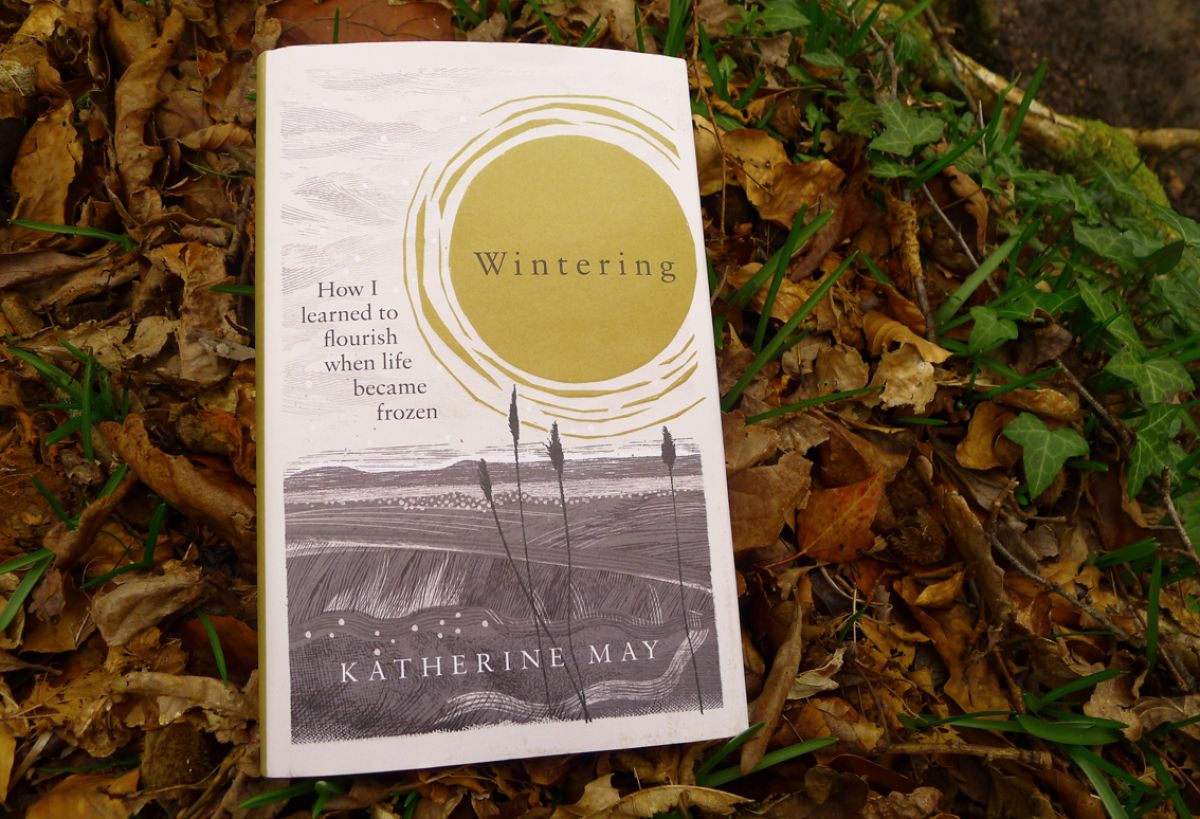
In her beautiful meditative book, Wintering, Katherine May discusses how learning to ‘winter’ is necessary to lead a wholehearted life. She says, “Plants and animals don’t fight the winter; they don’t pretend it’s not happening and attempt to carry on living the same lives they lived in the summer. They prepare. They adapt. They perform extraordinary acts of metamorphosis to get them through. Winter is a time for reflection and recuperation, for slow replenishment, for putting your house in order. Doing these deeply unfashionable things — slowing down, letting your spare time expand, getting enough sleep, resting — is a radical act now, but it’s essential.”
Resting is an essential skill for our well-being
There is no doubt that technology has sped up our pace of life. As a result, many of our students lead busier lives than we did at the same age. Research (and intuition) tell us that it is vitally important we teach our young people to balance their busyness with space to rest and recharge. As Socrates reminds us, “we must beware of the barrenness of a busy life.” In her tips for wholehearted living, Brené Brown recognises people can perceive exhaustion as a status symbol and productivity as a driver of self-worth. She sees rest and play as the antidote.
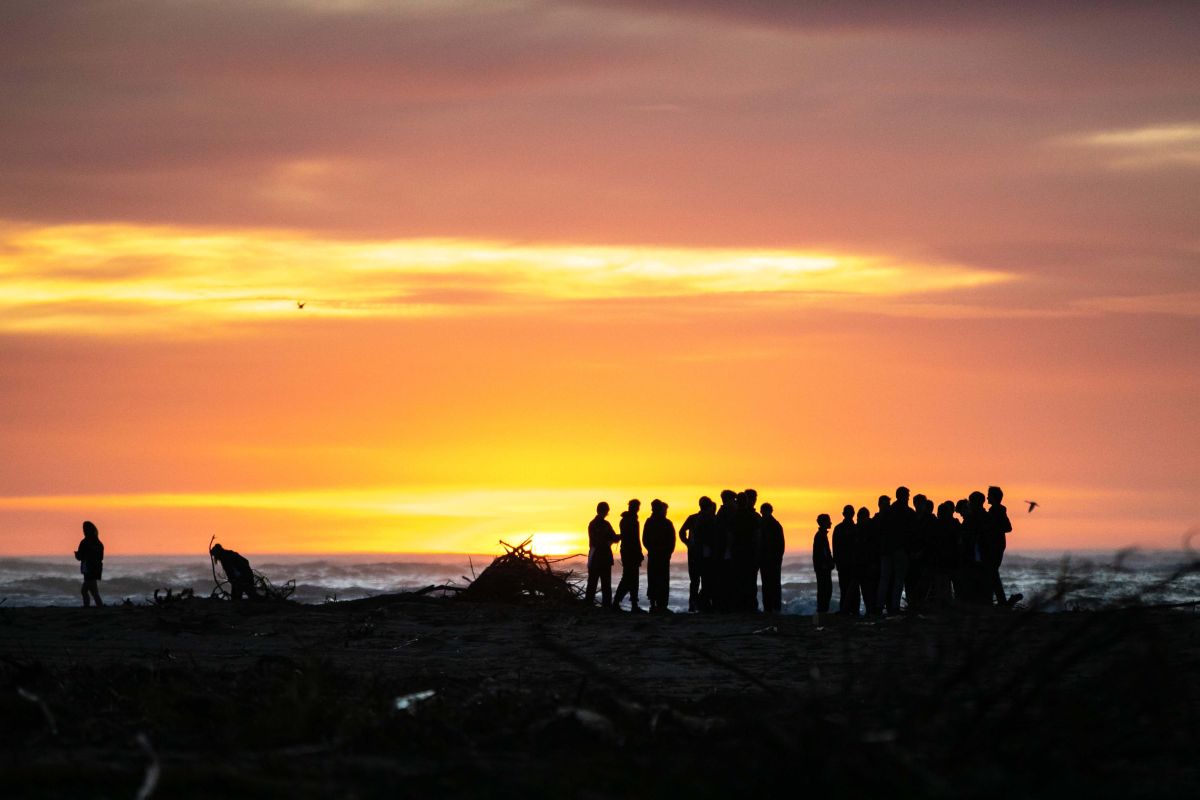
Encouraging our young people to find avenues in their life for creativity, contemplation, and reflection (offline) is an important focus in St Andrew’s College Year 10 Te Waka lessons. It is about achieving balance.
Rest is proven to be crucial for our brain function. Neuroscientist Helen Immordino-Yang has conducted research on meditation, nature walks, and the habits of exceptional artists and athletes. She reveals how mental breaks and tapping into our ‘default brain’ allows us to increase productivity and replenish our attention. When we switch off, the brain retrieves memories and makes the connections needed to encourage creativity and self-connection. Paradoxically, the space and quiet that idleness provides is necessary for getting any significant work done.
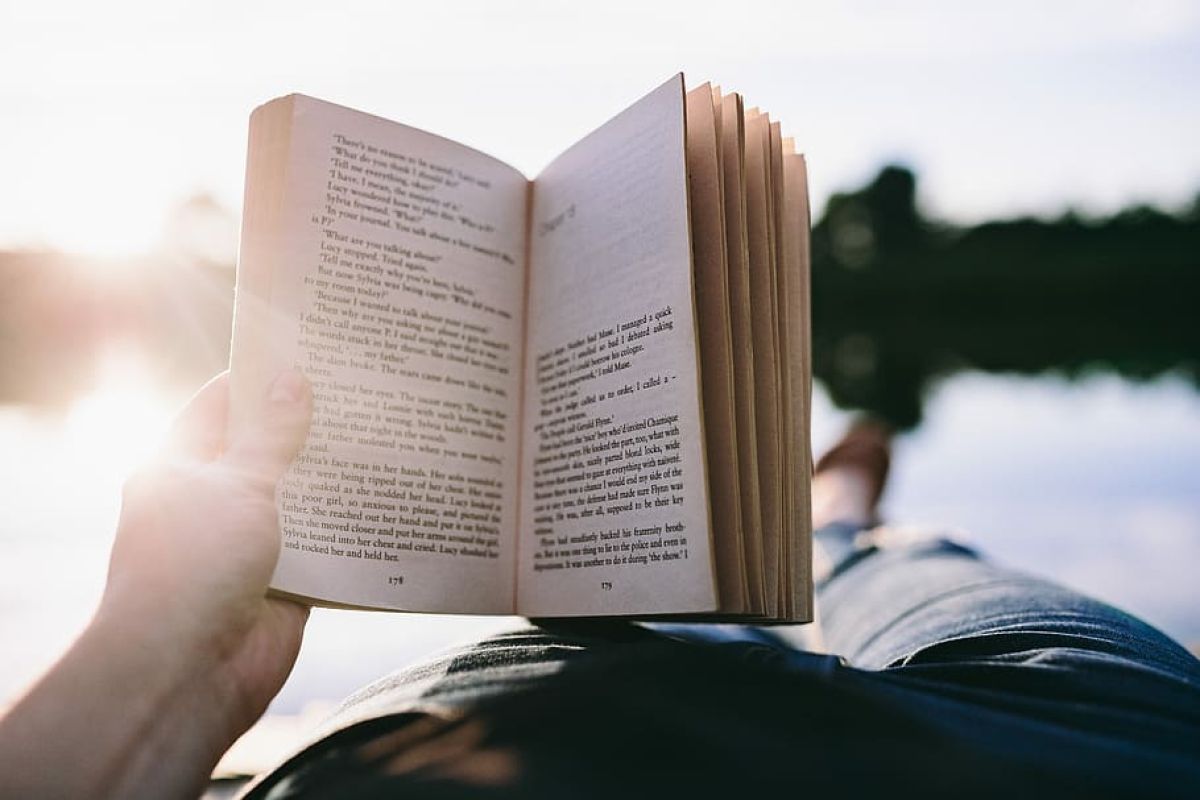
What actions do you take in your life to rest, recharge and recover?
Much of value has been written about sleep, but rest is different; it is how we unwind, calm our minds and recharge our bodies. In 2018, scientists from Durham University worked on the first global research on rest. They asked 18,000 people from 134 countries a simple question: “What are the activities you find most restful?”
In their research report, they published the top responses. They were:
Reading
Spending time in nature
Being on your own
Listening to music
Doing nothing much at all
Taking a walk
Having a bath
Daydreaming
Watching TV
Mindfulness
Spending time with animals
Apparently, one reason we rest better when reading instead of watching a movie is our control over the content. It’s up to us how we imagine the characters and events described, how fast we pace through the story, and how much we engage in it. When reading, interacting with nature, and listening to music, we manage to forget our own life but also, indirectly, we connect to our inner self and descend to some deeper level of self-contemplation.
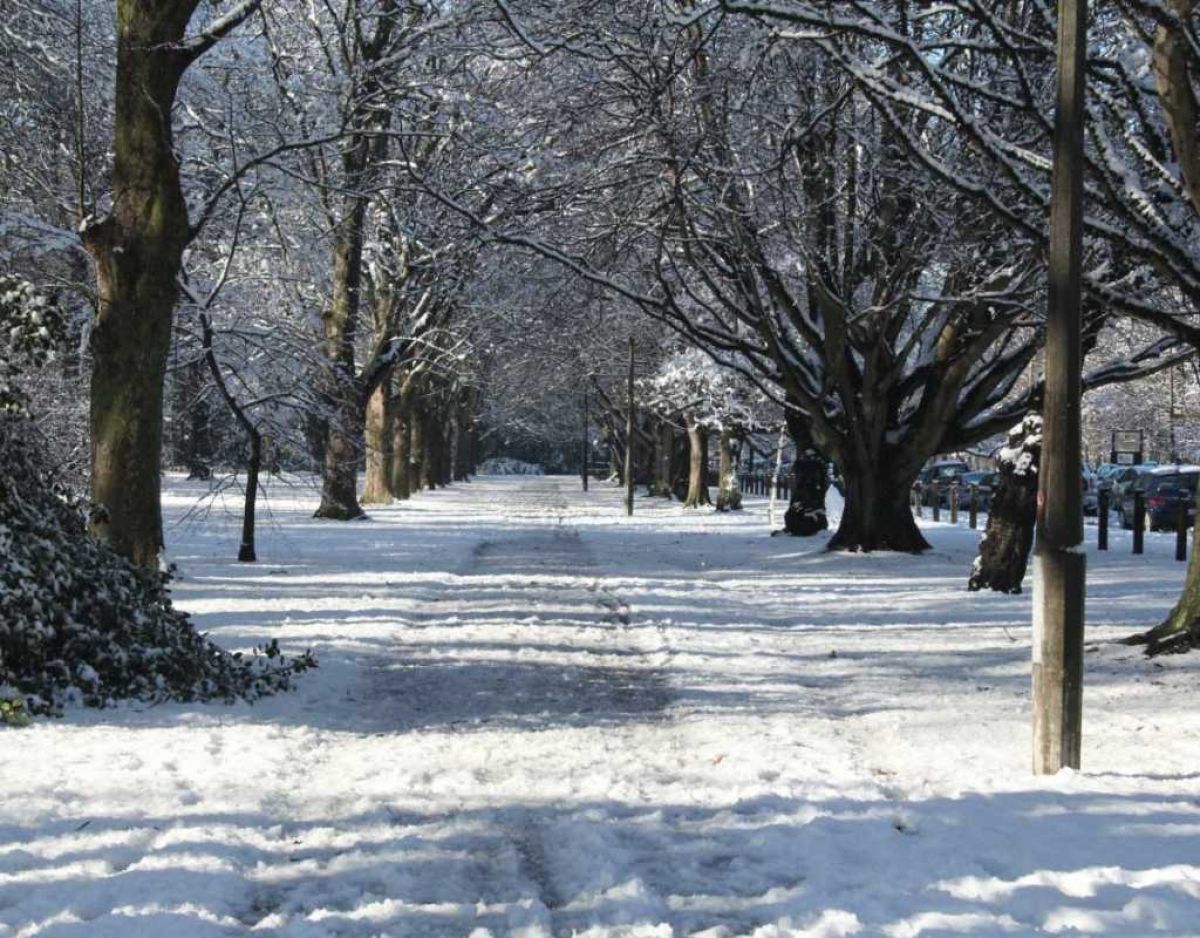
So as the light closes in and winter arrives, ask yourself, What activities do you find most restful in your life? What routines does your family cultivate to value rest and recharge? What does 'wintering' mean to you?
Related Posts


